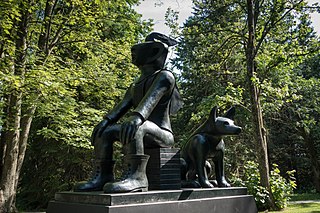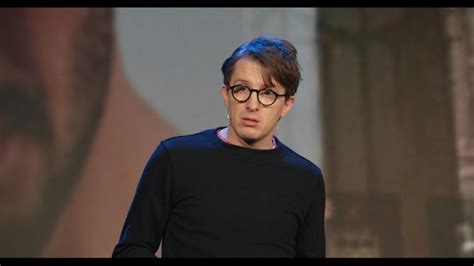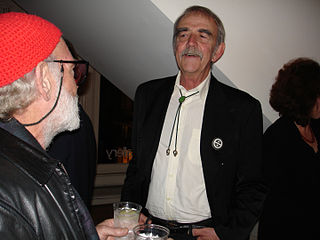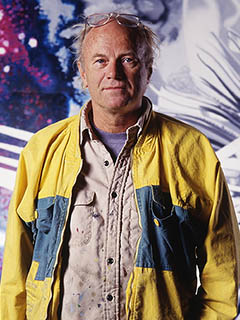A Quote by Kenneth Branagh
To look out of a car in Scania, you see a painting on the horizontal - one windmill, one tiny farmhouse, acres of beet or grass.
Related Quotes
When we started out in the U.K., there were songs that we made, we put them on the Internet, and we immediately started touring the U.K. We borrowed our friend's mum's car, and drove ourselves around for, like, a year playing gigs in pubs and tiny little venues. In that respect, we're pretty grass roots as a band. We've done all that together.
You have bits of canvas that are unpainted and you have these thick stretcher bars. So you see that a painting is an object; that it's not a window into something - you're not looking at a landscape, you're not looking at a portrait, but you're looking at a painting. It's basically: A painting is a painting is a painting. And it's what Frank Stella said famously: What you see is what you see.
I went to see my mother the other day, and she told me this story that I'd completely forgotten about how, when we were driving together, she would pull the car over, and by the time she had gotten out of the car, and gone around the car to let me out of the car, I would have already gotten out of the car and pretended to have died.
If you think about Don Quixote, Don Quixote is this guy who wants to live as if he was in a medieval chivalric romance, when actually he lives in sixteenth-century Spain, which is already going through secularization, industrialization, modernization. He goes out to kill a giant, and instead he collides with this huge windmill and injures himself and also damages the windmill. I think that's a metaphor for the collisions we all have over time, as our ideas of ourselves get out of synch with the historical moment.
Men swagger around calling themselves "cattlemen" but abuse their grass like a rapist. And abuse their cattle with concrete fecal feedlots without any regards to rumen function. Vegetable growers plow thousands of acres, planting monocrops of annuals in a never-ending tillage routine that totally annihilates carbon wealth. Why? Why are we so enamored of things that destroy carbon and disrespect the animals under our care? Grass. Lowly grass. It just gets no respect. And yet it is the lifeblood of the planet.



































